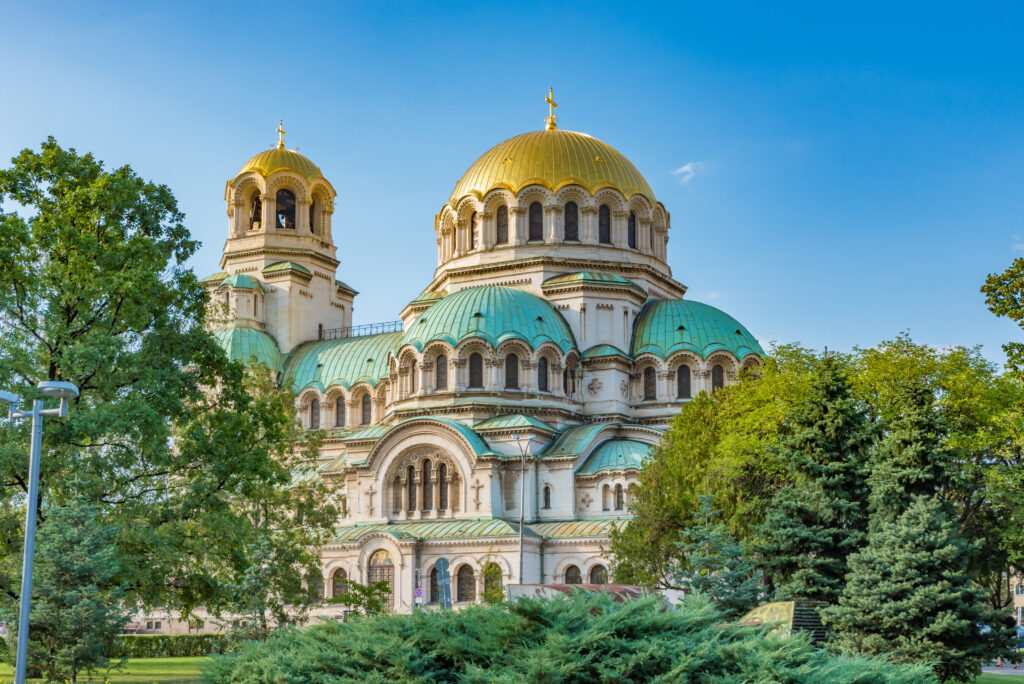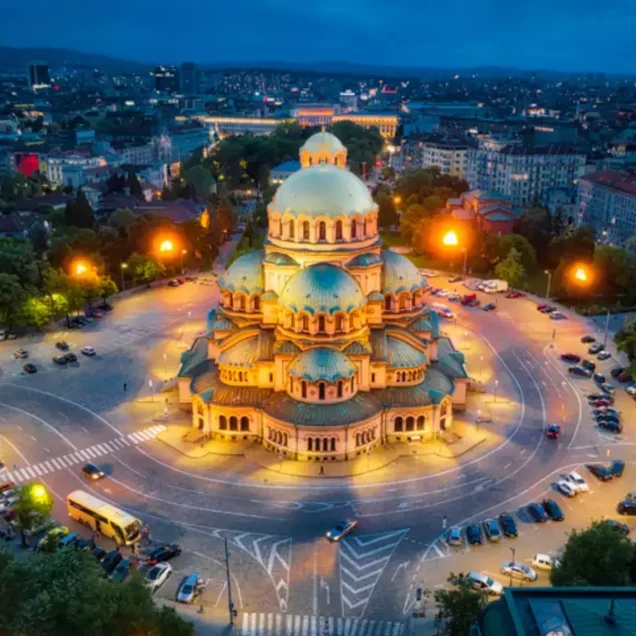

Bulgaria offers a fascinating glimpse into the culture and traditions of the Balkan Peninsula. With a history shaped primarily by Thracians, Greeks, and Romans, followed by Ottoman and Russian rule, Bulgaria has emerged from Communism with a vibrant modern culture, attractive cities, and a welcoming attitude. Sofia was designated the country’s capital in 1879. It offers a spectacular skyline with superb medieval monasteries, onion-domed churches, mosques, and Red Army monuments.


You can explore the gold-domed Aleksander Nevski Church and Crypt, the Archaeological Museum with Thracian treasures on display, the red brick minaret of Banya Bashi Mosque, the Ethnographical Museum in the Royal Palace where you can learn about Bulgaria’s rich folkloric traditions, the astonishing murals at medieval Boyana Church and the Monument to the Soviet Army. The tree-lined boulevards and verdant public parks of Sofia offer a chance to slow down and catch your breath after a big day of sightseeing and shopping during your Bulgaria adventure tour.
Temperatures will generally be cool in May and again in October. The warmest (and busiest) months tend to be July/August. The further south you are, the higher the average temperatures. Rainfall is generally at its lowest from June to August.
Visit www.worldclimate.com to get an idea of what the weather will be like on your trip.
You can check your specific visa requirements via the official website here.
The monetary unit in Bulgaria is the lev (BGN); however, it is expected to adopt the Euro from 1st January 2026.
You may find these difficult to obtain overseas; however, it should be no problem to exchange currency upon arrival. For up-to-date exchange rates with your currency, visit www.xe.com.
The easiest way to obtain money in Eastern Europe is to withdraw it from an ATM (cash machine) using a credit or debit card (e.g., Visa or Cirrus). ATMs are widely available throughout Bulgaria. Another option is to bring cash, in either US dollars or euros (or pounds sterling). Some other currencies may not be easily exchanged.
Travellers’ cheques may be challenging to change and attract poor exchange rates or high commissions. If possible, ensure that you bring crisp new banknotes, as some exchange offices may not accept old or dirty notes (US notes issued before 1990 are generally not accepted).
If there is no service fee, a general rule of thumb is to add 10 to 15 percent of the bill for a tip.
Most people find Bulgaria very friendly and safe and feel quite comfortable wandering around alone during the day. However, as with any area you are not familiar with (particularly in bigger cities) it is recommended that you exercise more caution at night especially if you are a lone female.
One of the great joys of Bulgaria is sampling the wide selection of different dishes available. Food offered in much of Bulgaria is delicious, hearty, and often meat orientated. You may well find yourself smoked or salted fish, pickled cabbage stew, beef stroganoff, goulash, meat stews, game meats, and many varieties of dumplings.
Vodka is very common throughout Bulgaria but beer is the main alcoholic drink and Bulgaria is proud of its national beers.
All drinks such as bottled water or soft drinks are at your own expense at all times and are fairly inexpensive. Alcoholic drinks vary in price, with beer generally being the cheapest option.
220-240V. Sockets are of European two pronged round pin variety.
The time difference in Bulgaria is GMT/UTC + 2. For other time differences please visit www.timeanddate.com
We are passionate adventure travelers who want to share the world and our travel experiences with everyone…
This website uses cookies so that we can provide you with the best user experience possible. Cookie information is stored in your browser and performs functions such as recognising you when you return to our website and helping our team to understand which sections of the website you find most interesting and useful.
Strictly Necessary Cookie should be enabled at all times so that we can save your preferences for cookie settings.
If you disable this cookie, we will not be able to save your preferences. This means that every time you visit this website you will need to enable or disable cookies again.
